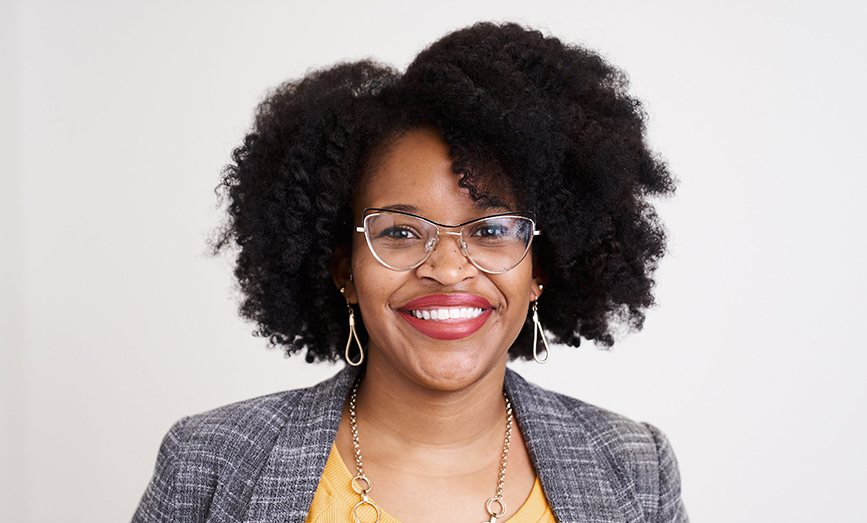My introduction to the subject came because I insisted on not taking a study hall and the only class available during that time slot was accounting. I loved it! I ended up majoring in accounting at Tennessee State University, which is where I learned about both IMA® and the CMA® (Certified Management Accountant) program.
I joined the IMA student chapter at Tennessee State and held an officer position, which gave me an opportunity to plan events with local accounting firms. Events like those provided my classmates and me opportunities to see how IMA positively impacts practitioners’ careers. After college, I moved to Denver, Colo., and joined the local IMA chapter. There I became a member of the board and helped grow the chapter’s presence in the region. I also had the opportunity to meet local CMAs and IMA members and learn about all the industries that management accounting touches.
In my career, I’ve worked for local governments, start-ups, and small businesses. I reconcile balance sheets, prepare financials, create budgets and projections, perform variance analysis, work with tax accountants, and much more. All these activities help clients manage and grow their businesses and prepare for the future.
I earned my CMA in 2015, and the program provided me with tools that I have used ever since. For example, it taught me various budgeting techniques that I’ve been able to use to better create budgets and forecast for year-end planning for local governments. Budgeting is especially important when working for local governments. If you overspend, you must request more money from the city council. And if you consistently underspend, you may not receive as much funding in future years. Preparing budgets and forecasts for this type of entity offers unique challenges because, for example, spending within government is noticeably light at the beginning of the year and only picks up as it gets closer to year-end.
I currently work at an accounting, finance, and HR consulting firm. Thanks to my CMA training (enhanced annually because of the required continuing professional education credits), I’m able to apply some very helpful techniques to create budgets and forecasts, using weighing techniques, carefully reviewing fixed vs. variable costs, and anticipating future changes. For me, it’s fascinating work. Being a CMA gives me the chance to help businesses of all sizes grow, make day-to-day business decisions, and learn about practical accounting from the ground up.
Becoming CMA-certified was a perfect fit for me because, in part, it tapped into what I enjoyed most about accounting while in college: math, problem solving, and creating journal entries. Obtaining my CMA certification has been fundamental to the growth in my career and my ability to help my clients.

June 2023



